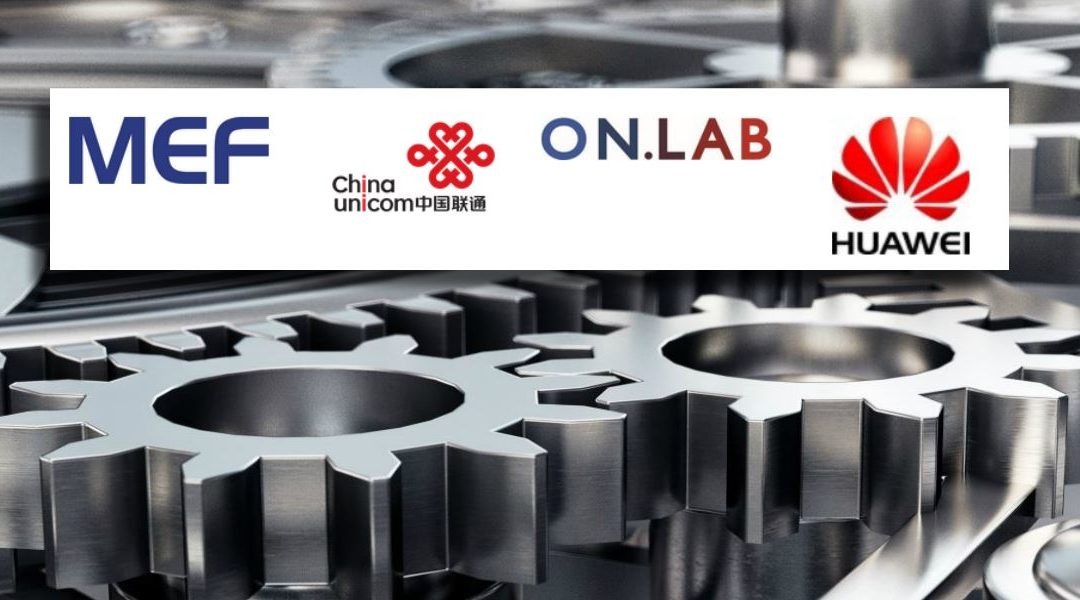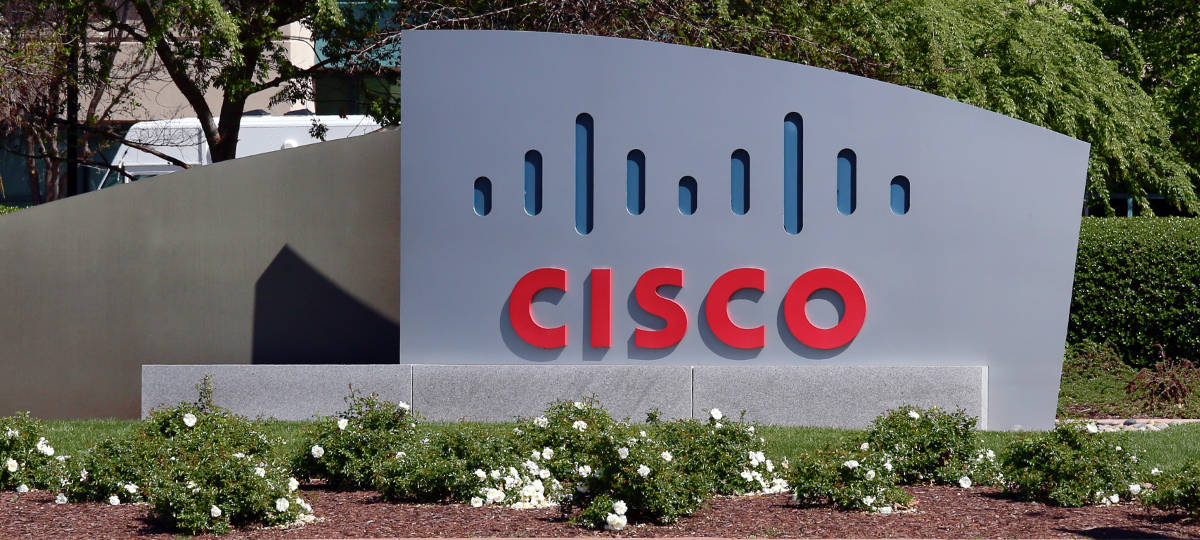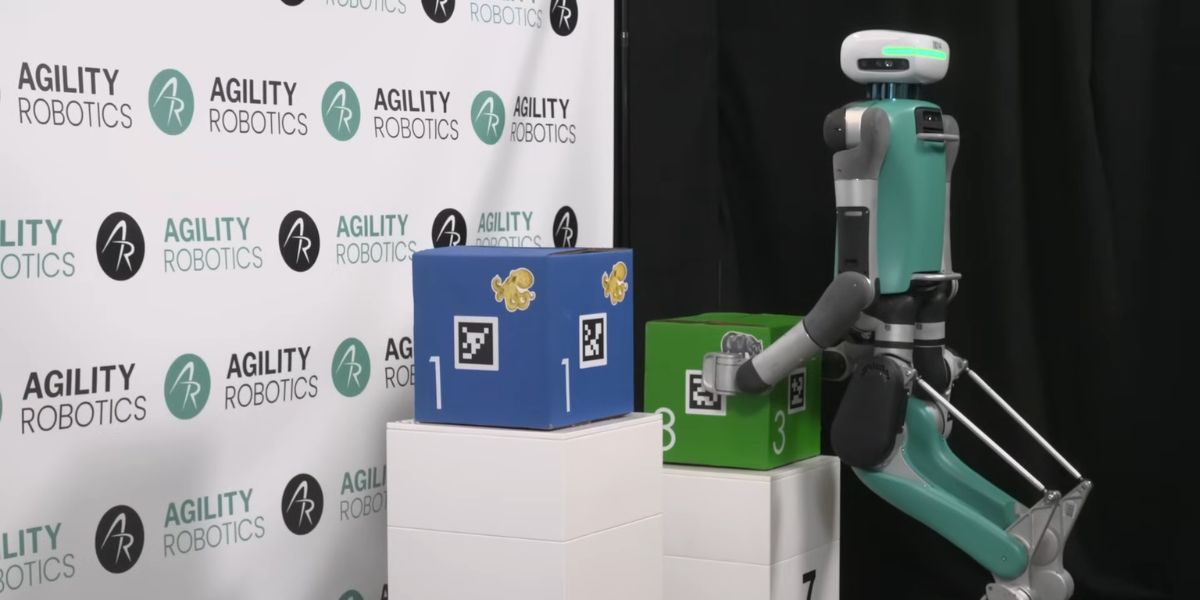The MEF, China Unicom, ON.Lab, and Huawei are pleased to announce a Memorandum of Understanding (MOU) to collaborate on using open source solutions to transform Central Offices and accelerate the industry transition to Third Network services. MOU partners will develop Proof of Concept use cases that illustrate how operators can deliver agile, assured, and orchestrated MEF-defined services by using open source software and open specification hardware. These use cases will serve as a stepping stone for deployable Third Network services that yield productivity-enhancing benefits for end customers.
Combining open source solutions within a standardized framework and a real-world operator environment provides an opportunity to bring the economies of the datacenter (open source software with white box switches) and the agility of the cloud (rapid service creation) to the service provider community.
ON.Lab: ON.Lab and partners have been developing CORD as an open virtualized service delivery platform for redesigned Central Offices. The CORD project has created and demonstrated Enterprise-CORD to support enterprise customers with SD-WAN services including virtual network on demand. For this MOU, the CORD project will demonstrate support for MEF-defined services as well as virtualization of CPE and other network elements on Enterprise-CORD.
MEF: The MEF is providing the specification framework and the open implementation environment that allows for agile collaboration. MOU partners will reference Carrier Ethernet 2.0 services specifications and the new Lifecycle Service Orchestration (LSO) Reference Architecture & Framework – MEF 55. They also will be collaborating within the context of two new MEF open initiatives: OpenCS (Open Connectivity Services) and OpenLSO. OpenCS is a network ecosystem that enables SDN and NFV reference implementations of open source software and open spec hardware for MEF-defined services. OpenLSO is an orchestration ecosystem that enables a reference implementation of open source solutions and interfaces that adheres to the MEF LSO Reference Architecture.
China Unicom & Huawei: China Unicom already has begun redesigning a number of its Central Offices as edge datacenters with the goal of taking advantage of open source software and open specification hardware. On the technology side, the operator plans to introduce SDN controllers, NFV management, virtualized CPEs, an SDN-based IP access solution, and other changes. China Unicom’s service plans include the introduction of an elastic VPN service with bandwidth-on-demand capabilities, leveraging technology solutions provided by Huawei.
Nan Chen, President of the MEF: “The MEF is pleased to collaborate with China Unicom, ON.Lab, and Huawei to develop compelling Third Network use cases that will lead to productivity-enhancing innovations that benefit both service end-users and providers.”
Guru Parulkar, Executive Director, ON.Lab: “ON.Lab and the CORD Project are pleased to have this opportunity to work with MEF, China Unicom, and Huawei to build and demonstrate forward-looking services on the E-CORD platform.”
Ayush Sharma, Senior Vice President & CTO – Networks, Huawei: “Huawei looks forward to bringing open source and standards together as we develop key use cases with China Unicom, ON.Lab, and the MEF in order to deliver next generation services.”















